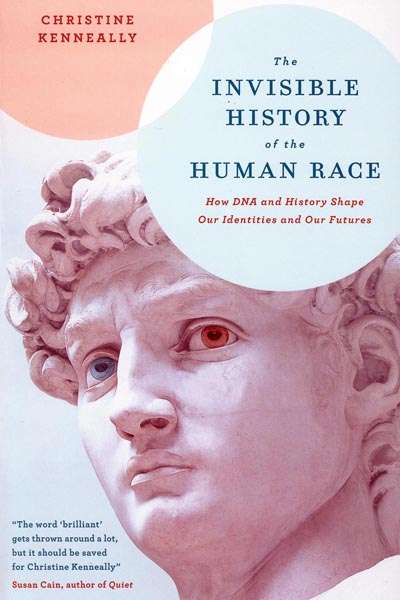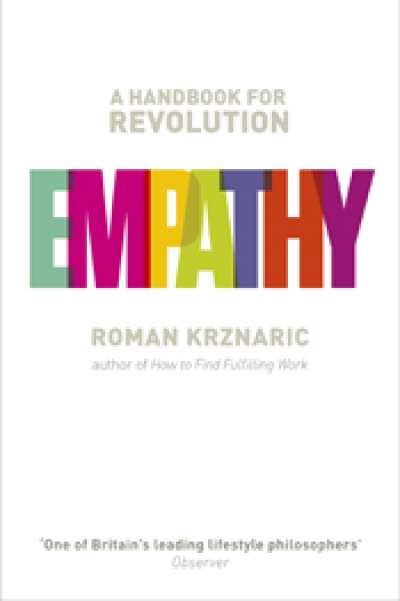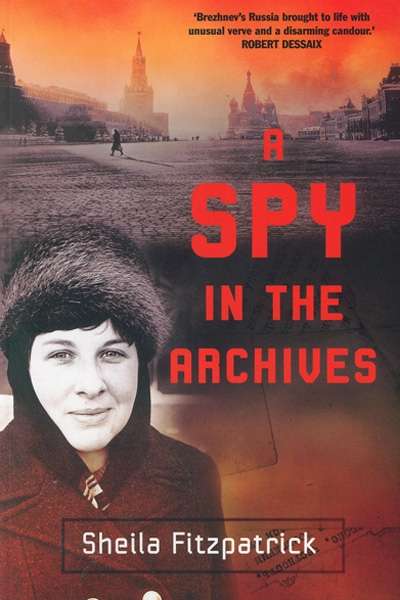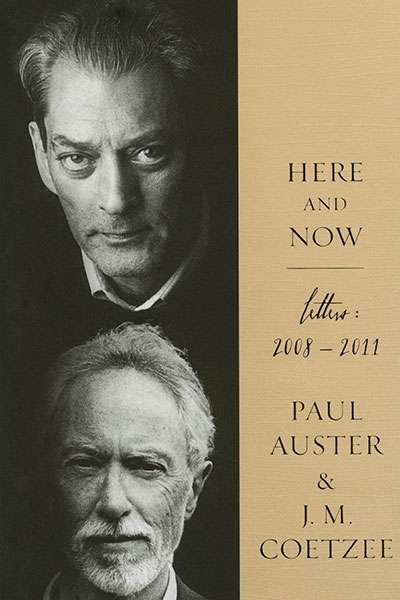Miriam Cosic
The Invisible History of the Human Race: How DNA and history shape our identities and our futures by Christine Kenneally
by Miriam Cosic •
Wilhelm II: Into the abyss of war and exile, 1900–1941 by John C.G. Rohl
by Miriam Cosic •
The ability to situate a work in its context, to praise it without flattery, to argue against it without rancour, to be authoritative without being a know-all, to make difficult matters clear without condescending to the reader – and, of course, to be a good writer in his or her own right.
... (read more)Here and Now by Paul Auster and J.M. Coetzee & Distant Intimacy by Frederic Raphael and Joseph Epstein
by Miriam Cosic •





